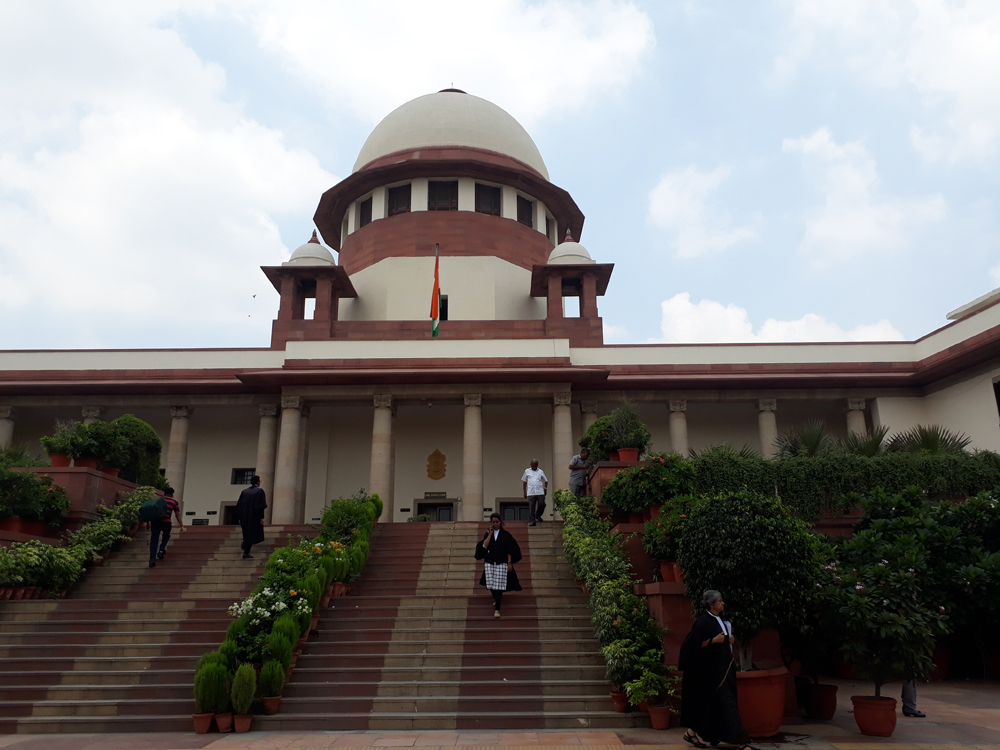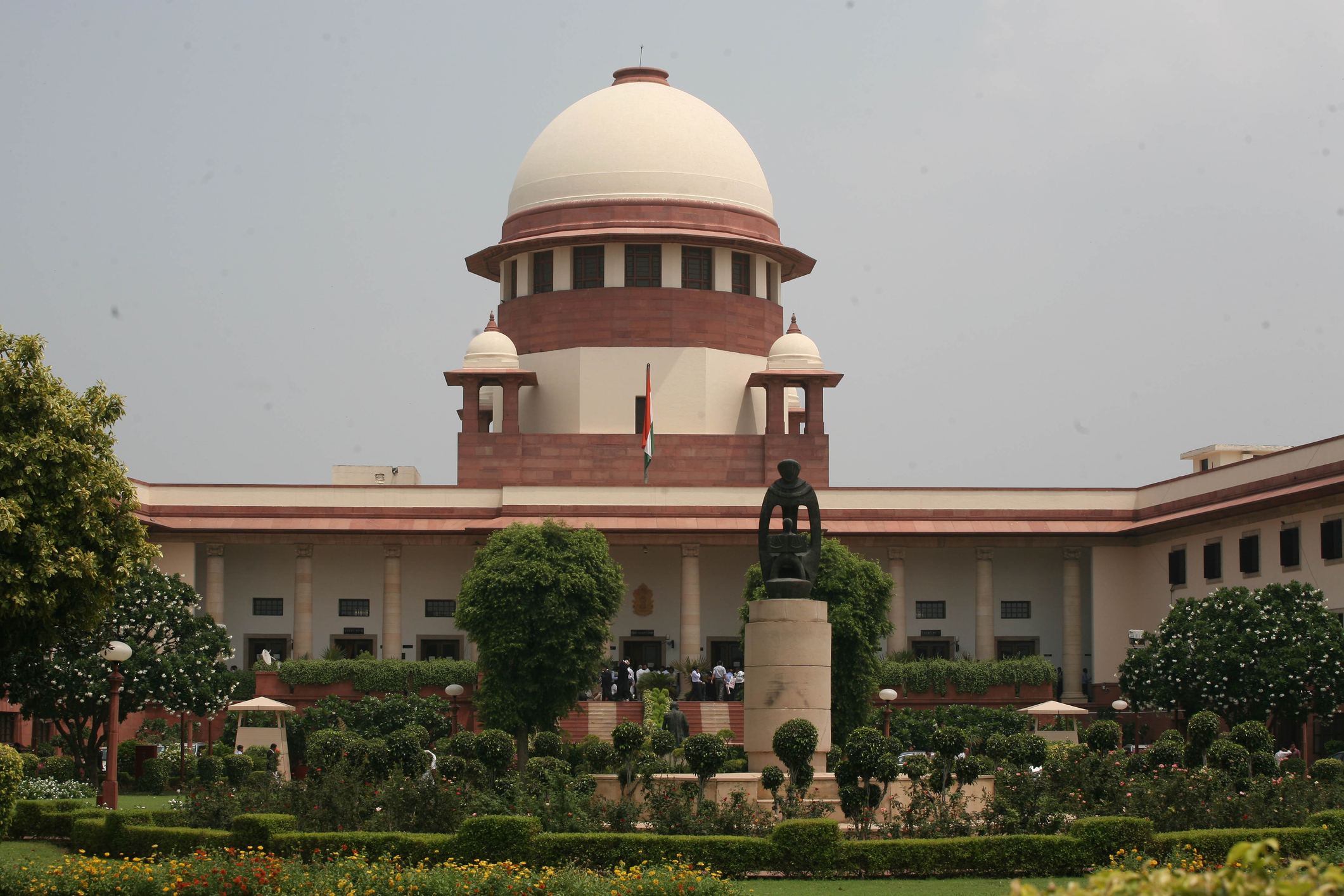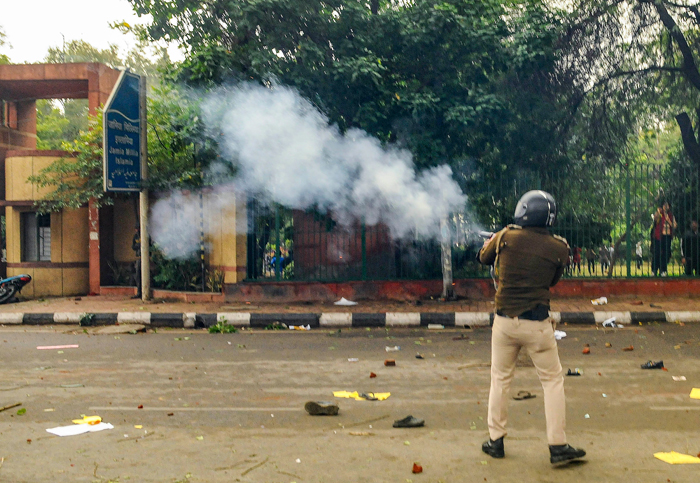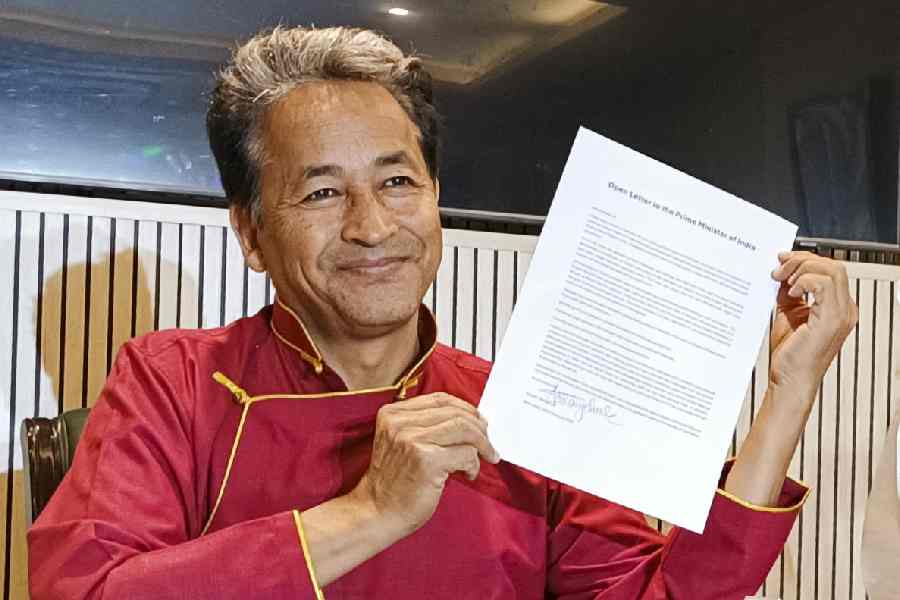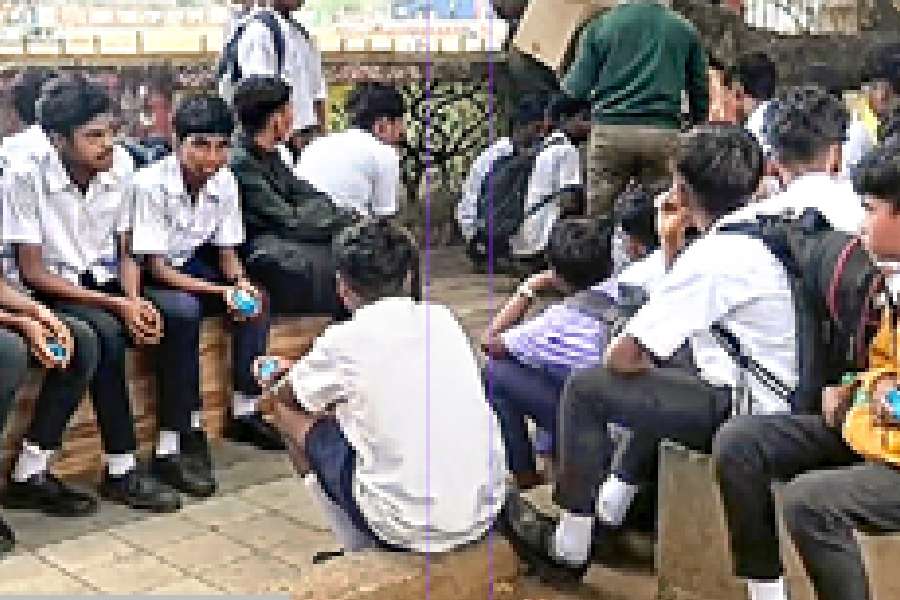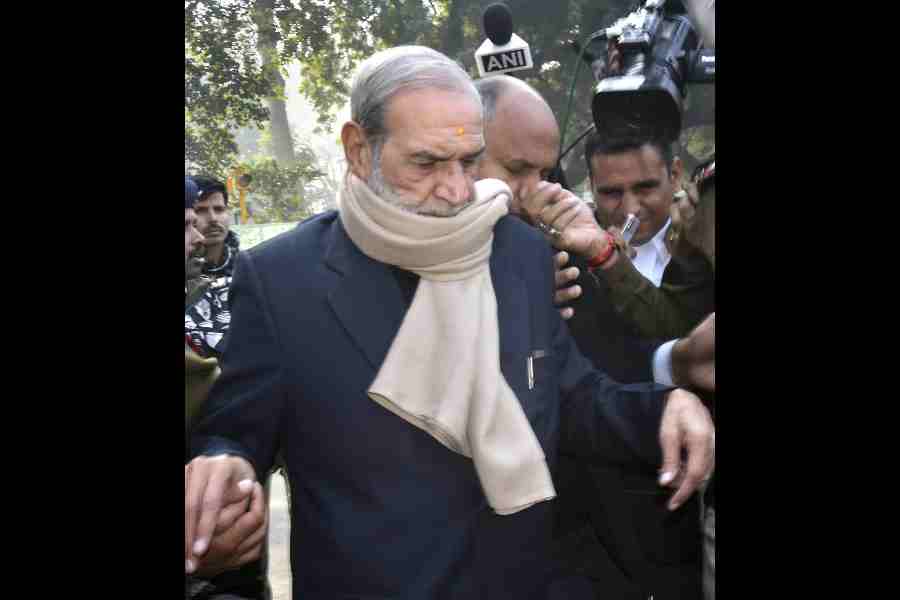If the one and only aim is to undermine the spirit of the Constitution, there are a hundred ways to do it. One hitherto unthought of means was represented in the petition of the advocate and Bharatiya Janata Party leader, Ashwini Kumar Upadhyay, to the Supreme Court recently. Mr Upadhyay desired the court to declare Hindus the minority community in eight states. The 2011 census had shown that there were fewer Hindus than followers of other faiths in Punjab, Nagaland, Mizoram, Meghalaya, Manipur, Arunachal Pradesh, Jammu and Kashmir and Lakshadweep. Hindus, therefore, should be regarded as the minority in these states and granted the advantages enjoyed by minorities. To firm up this demand, Mr Upadhyay had two more parts to his petition. One, that the court should strike down the erstwhile Congress government’s 1993 notification of Muslims, Sikhs, Christians, Buddhists and Zoroastrians as minorities. Moreover, the court was to direct the Centre to issue ‘guidelines’ to identify minorities. The Supreme Court, not surprisingly, dismissed Mr Upadhyay’s petition, saying in effect that while states represented linguistic divisions, religion was pan-Indian. There could be no state-based minorities, neither were ‘guidelines’ needed to identify who was Muslim and who was Hindu. The court had earlier this year asked Mr Upadhyay to make a submission before the National Commission for Minorities, which submitted to the court that it lacked the jurisdiction to declare Hindus minorities in the eight states.
Institutional resistance blocked the mischief in this case. It cannot be denied that there was a carefully planned destructiveness in Mr Upadhyay’s petition, a destructiveness directed at the principles of secularism, balance, peaceful coexistence and equality before the law that underlie the Constitution. The aim was to introduce divisions in sectors not yet showing conflict, to awaken the siege mentality among Hindus in these states while fanning their feelings of injustice with the aggression of majoritarian dominance in the rest of the country. The BJP firmly believes in producing causes of hatred and then stoking the fires in order to collect the fruits. Mr Upadhyay is simply a faithful adherent of his party’s philosophy; he seeks to plug all gaps with little spots of divisive politics. The Supreme Court stopped him, but that does not mean he will not try another route. That will have to be stopped too.

